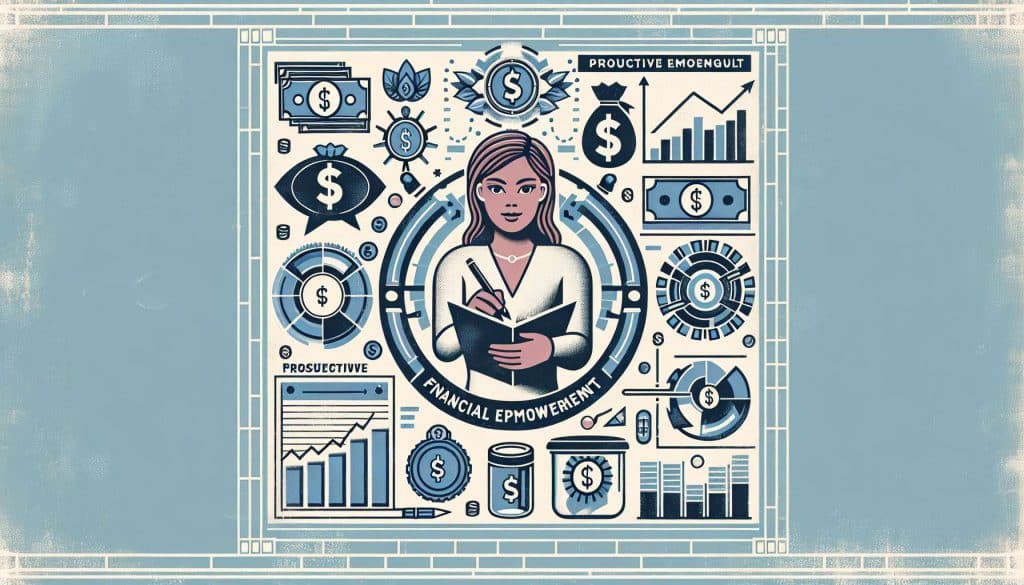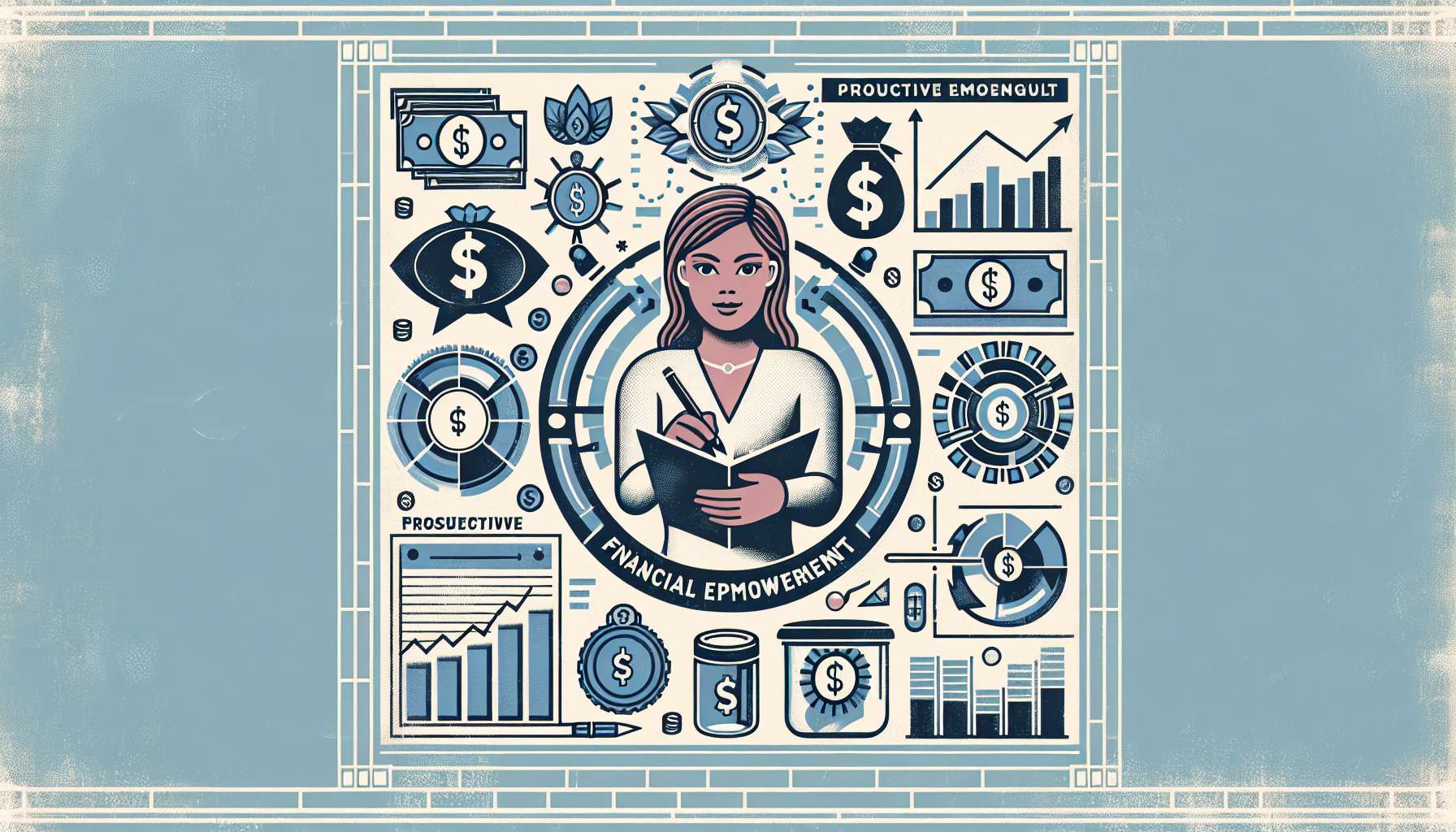Financial Empowerment: Take Control of Your Personal Budget Today


In an era where managing finances seems overwhelmingly complex, personal budgeting emerges as a crucial skill. For those feeling financial strain or aiming to refine their money management, understanding budgeting can truly be transformative. It’s not merely about keeping track of cash flow; it’s about gaining command over your financial destiny. This article delves into personal budgeting, aiming to enhance your financial literacy and purposeful living.
Anúncios
Many grapple with monetary challenges, yet the significance of financial well-being cannot be overlooked. Taking charge of one’s finances via budgeting provides a clearer vision of monetary objectives and aligns spending with personal goals. This practice allows for mindful decisions, promotes savings, and reduces financial anxiety. Hence, adopting budgeting should be a foundational component of your financial planning strategy.
Personal budgeting provides invaluable insights into your financial position, helping you identify spending habits and how they contribute to your long-term objectives. Adopting budgeting practices cultivates financial discipline, curbing impulsive purchases and instilling savings habits. Furthermore, having a defined financial outlook simplifies decision-making, minimizing regrets post-purchase.
Overview of Personal Budgeting Mastery
The journey to mastering personal budgeting begins by gathering financial data, such as income records and expenses from past months. This foundational step is crucial. Next, expenses must be organized into fixed (e.g., rent) and variable categories (e.g., dining out), fostering an understanding of where adjustments can be made. Short-term and long-term goals should then be defined to guide financial planning.
Creating a detailed budget allows for designated spending across various categories, aspiring for expenditure to remain below income levels. Utilizing budgeting tools, like Mint or YNAB, streamlines this process. Yet, budgeting is dynamic; regular reviews and adjustments ensure it reflects changing circumstances, adapting to new goals or altered finances.
Avoid common pitfalls such as neglecting irregular expenses, underestimating minor costs, and prioritizing spending over saving. These lapses can derail financial plans. By planning for unforeseen costs and being mindful of smaller daily expenditures, budget integrity is maintained. Savings should never be an afterthought; integrate them as pivotal within your financial framework.
Characteristics of Effective Personal Budgeting
- Clear overview of financial situation
- Alignment of spending with goals
- Increased financial discipline
- Greater decision-making confidence
Benefits of Personal Budgeting
Budgeting offers benefits that transcend simple expense management. It acts as a strategic guide towards financial independence, providing mental ease knowing you’re ready for emergencies and equipped to pursue a desired lifestyle. Over time, this practice cultivates:
- Enhanced creditworthiness: Timely payments foster improved credit scores, easing future loan processes.
- Increased savings: Consistent budgeting identifies areas for potential savings, facilitating better financial preparedness.
- Better life balance: Reducing financial stress contributes to improved relationships and mental wellness.
Embarking on the journey to master personal budgeting is akin to opening doors to a future laden with financial security. With steadfast discipline and adaptability, this skill defends against unnecessary debt and empowers you to achieve your aspirations. Continual learning illuminates the path to financial wisdom, motivating both novices and veterans alike.
Involvement of family members in budgeting brings about collective financial accountability, ensuring alignment in financial objectives. Engaging in open dialogues about spending habits promotes transparency and cooperation, laying the groundwork for collective success. Additionally, employing budgeting tools enhances real-time financial tracking, making the budgeting process less cumbersome.
The unpredictability of life mandates flexibility within personal budgets. Be receptive to adjusting financial plans as life evolves, accommodating career shifts or unexpected expenses. Celebrating financial achievements, no matter the scale, nurtures motivation and persistence in following budgetary plans.
In the realm of financial management, personal budgeting unfolds as an essential skill—a beacon guiding financial freedom. Equipped with this knowledge, one’s potential for achieving financial aspirations grows exponentially. Embrace the first step of awareness, and commence the journey towards financial empowerment.





